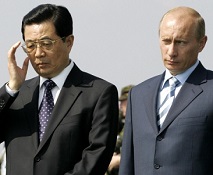Choreographed war and other aspects of the world’s greatest game.
[The following passages are excerpted at TomDispatch from Eduardo Galeano’s Soccer in Sun and Shadow (Nation Books, Open Road Media ebooks).]
The Stadium
Have you ever entered an empty stadium? Try it. Stand in the middle of the field and listen. There is nothing less empty than an empty stadium. There is nothing less mute than stands bereft of spectators.
At Wembley, shouts from the 1966 World Cup, which England won, still resound, and if you listen very closely you can hear groans from 1953 when England fell to the Hungarians. Montevideo’s Centenario Stadium sighs with nostalgia for the glory days of Uruguayan soccer. Maracanã is still crying over Brazil’s 1950 World Cup defeat. At Bombonera in Buenos Aires, drums boom from half a century ago. From the depths of Azteca Stadium, you can hear the ceremonial chants of the ancient Mexican ball game. The concrete terraces of Camp Nou in Barcelona speak Catalan, and the stands of San Mamés in Bilbao talk in Basque. In Milan, the ghost of Giuseppe Meazza scores goals that shake the stadium bearing his name. The final match of the 1974 World Cup, won by Germany, is played day after day and night after night at Munich’s Olympic Stadium. King Fahd Stadium in Saudi Arabia has marble and gold boxes and carpeted stands, but it has no memory or much of anything to say. read more




